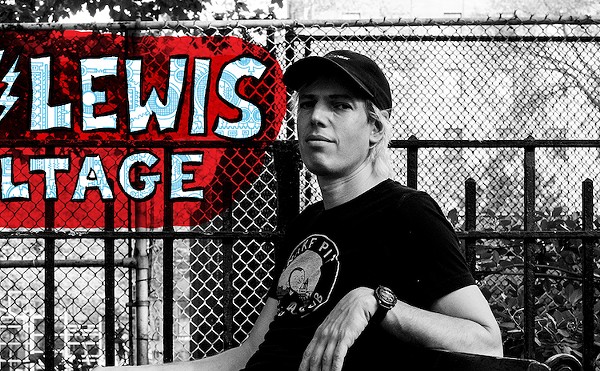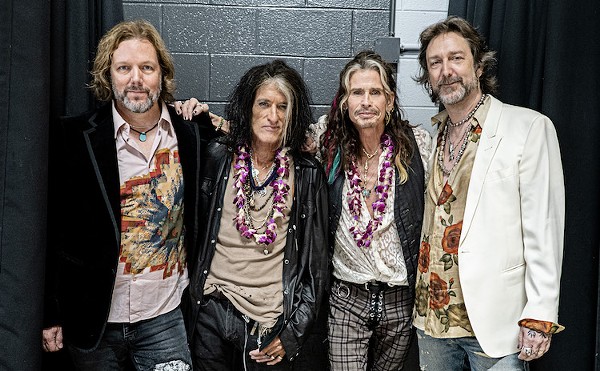Guitarist Derek Bailey was practicing when I phoned him at his London home. He asked that I call back in an hour or so. Bailey's admirers (including notable plectrum gods such as Henry Kaiser and Eugene Chadbourne) probably won't find that statement odd, but many first-time listeners might be astounded that anyone could practice so diligently and yet create such seemingly errant, spontaneous music.
Bailey, 69, is one of the foremost practitioners of freely improvised music, a style that demands a lot of both the listener and the musician. Melodies are not a mainstay. Instead, the music relies on the mutable interactions of musicians and an agreed-upon set of concepts.
Freely improvised music is, according to Bailey, "something you have to be careful with." There must be a method to the madness, a semblance of order in the asylum. "I used to think that once I had gotten the key to the room and opened it up, I had done the most important part of the job," he says. He knows now that the destination is ever elusive.
In 1979 Bailey wrote "Improvisation: Its Nature and Practice in Music," the standard textbook on this craziness. He also authored and narrated "On the Edge," a four-part 1992 BBC television series that examined improvisational music from a global perspective. The series included performances by avant-garde saxophonist John Zorn, the Grateful Dead's Jerry Garcia and blues guitarist Buddy Guy, in addition to examples of invention from the Western classical tradition and various other cultures.
Despite these somewhat academic turns, Bailey is down to earth and has a wry sense of humor. "I take a three-part approach, based like a workshop kind of system," he says. "Search, find and destroy." His Florida tour features Bailey solo and with percussionist Michael Welch. This mirrors much of his recording career, and Bailey finds little difference between studio and concert settings. "To me a studio is just another live situation," he explains.
For Bailey, concerts are of the moment and recordings are "more bulletins than books. The tendency to think of them as precious artifacts doesn't work for me. Once the thing is made," he says, "I don't have a whole lot of interest in it."
















